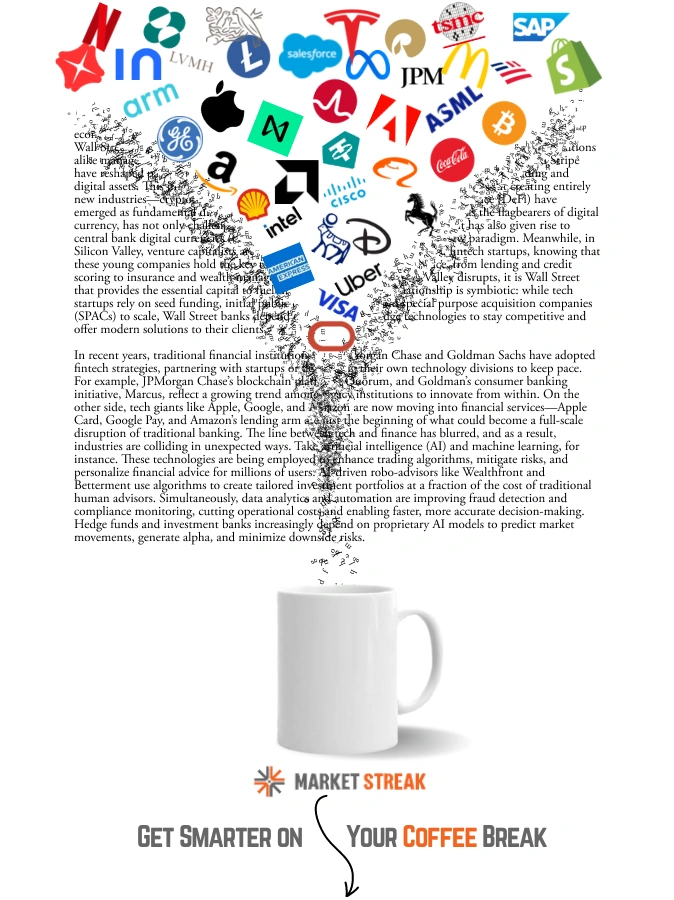Apple
AI
Siri
E-commerce

Apple
AI
Siri
E-commerce
Apple's October 28th software update introduced Apple Intelligence, a suite of AI-powered features designed to significantly enhance the user experience across iPhones, iPads, and Macs. This isn't just a simple Siri upgrade; industry analysts believe it could fundamentally alter how we shop, both online and in physical stores, and firmly place Apple as a major player in the rapidly evolving AI landscape.
While some argue that Apple's entry into the AI arena is late compared to competitors like Google and Amazon, who have been integrating AI into their products for years, others point to Apple's history of prioritizing meticulous refinement and user experience over a rushed market entry. The CEO of The Big Phone Store, Steven Athwal, commented that "Apple may be late to the AI surge… But Apple has always been about timing and refinement. While others rushed to put out the latest in AI tech, Apple focused on privacy, security, and user experience.” This strategic approach, focusing on a polished and secure product, rather than a quick launch, is characteristic of Apple's brand identity.
Apple Intelligence, accessible via a software update compatible with recent iPhones, iPads, and Macs, represents Apple's most significant foray into AI to date. A noteworthy aspect of this launch is the integration of OpenAI's ChatGPT, a surprising move given Apple's traditionally closed ecosystem. This collaboration opens up a new avenue for user interaction and functionality.
The new features offer a range of capabilities, including:
These AI-powered features are, however, limited to newer devices equipped with Apple's latest processors: iPhone 15 Pro and later models, iPads with A17 Pro or M1 chips and later, and Macs with M1 chips or newer. This device limitation may act as an indirect incentive for users to upgrade their hardware.
The potential impact of Apple Intelligence on the retail industry is substantial. Kaveh Vahdat, founder of the AI marketing firm RiseOpp, states that "Apple isn’t just upgrading Siri — it’s redefining the retail experience." He envisions a future where Siri acts as a real-time personal shopper, providing personalized recommendations, checking inventory, and assisting with payments, all while maintaining Apple's strong emphasis on user privacy.
This vision extends beyond the online realm. Vahdat suggests that entering an Apple store could trigger personalized offers on your iPhone, or instantly inform you about the availability of a desired product. This predictive approach to retail, driven by AI, could transform Apple's retail strategy from reactive to proactive, positioning the iPhone as the ultimate personal shopping assistant.
The Apple App Store is also poised for a transformation. Instead of endless scrolling, Siri could curate personalized app recommendations based on user context, past downloads, or immediate needs. This shift would make the App Store feel less like an overwhelming marketplace and more like a customized personal assistant.
The integration of Apple Intelligence with Apple Pay holds particularly significant implications. Vahdat paints a picture of an iPhone that recognizes your presence in a favorite store, highlighting items on your wish list and facilitating purchases with a seamless integration of payment history and budget considerations, all within Apple's robust privacy framework.
Apple's commitment to privacy is not merely a marketing tactic; it is central to its strategy. Craig Federighi, Apple's senior vice president of Software Engineering, emphasized a "groundbreaking new approach that extends the privacy and security of iPhone into the cloud to protect users’ information." This commitment extends to fraud prevention. Athwal suggests, "It’s possible that Apple may integrate AI to analyze transaction patterns made using things like FaceID…By doing so, they may be able to flag unusual or fraudulent activity." This proactive fraud detection could enhance the security of Apple Pay significantly.
The rollout of Apple Intelligence features will be phased, initially focusing on U.S. English support before expanding to other languages and regions. The highly anticipated ChatGPT integration is slated for December, allowing users to access the powerful AI service without needing to create a separate account. This could introduce millions of Apple users to generative AI for the first time, significantly broadening its reach and impact.
Apple's deliberate and measured approach to integrating AI stands in contrast to the rapid deployments adopted by other tech giants. The key question remains whether this patient strategy will translate into a transformative shopping experience for consumers. Vahdat believes it could, suggesting that "This could make mobile checkout faster, more intuitive, and likely a model for the entire industry to follow." However, Apple needs to demonstrate the seamless functionality of its AI features and convince consumers that they are comfortable allowing artificial intelligence to guide their shopping decisions.
The current limitation to newer devices will likely influence hardware upgrades. The company plans to continue rolling out additional features throughout 2024, promising a continuously evolving and improving AI experience. The success of Apple Intelligence hinges not only on its technological capabilities but also on its ability to seamlessly integrate into the daily lives of its users, fundamentally changing their interaction with technology and the retail world. The long-term implications of this release remain to be seen, but the initial indications suggest a potential shift in how we interact with technology and how we shop.
SHARE


news
30th October 2024

news
30th October 2024


news
30th October 2024

news
30th October 2024


news
30th October 2024


news
30th October 2024


news
30th October 2024